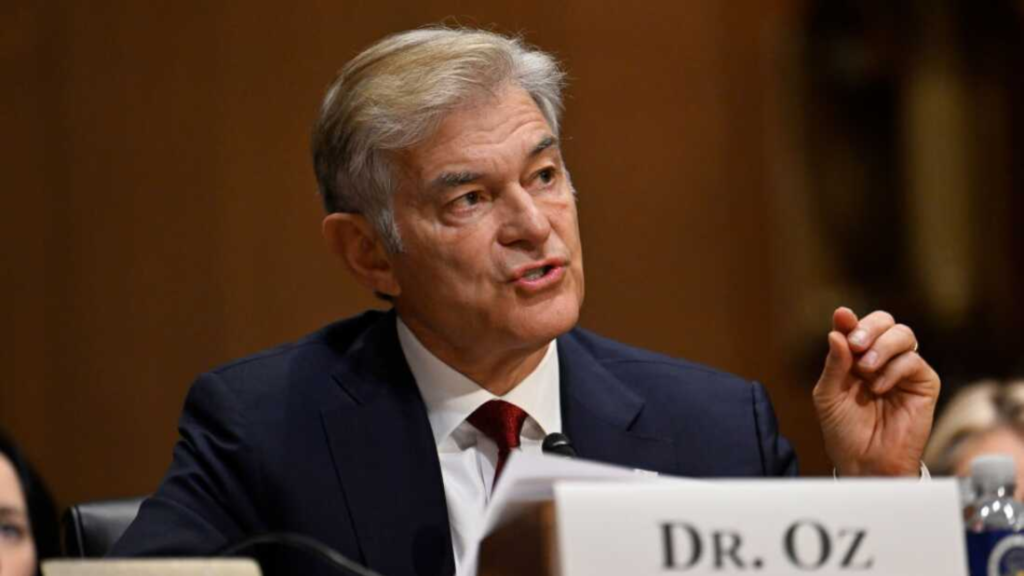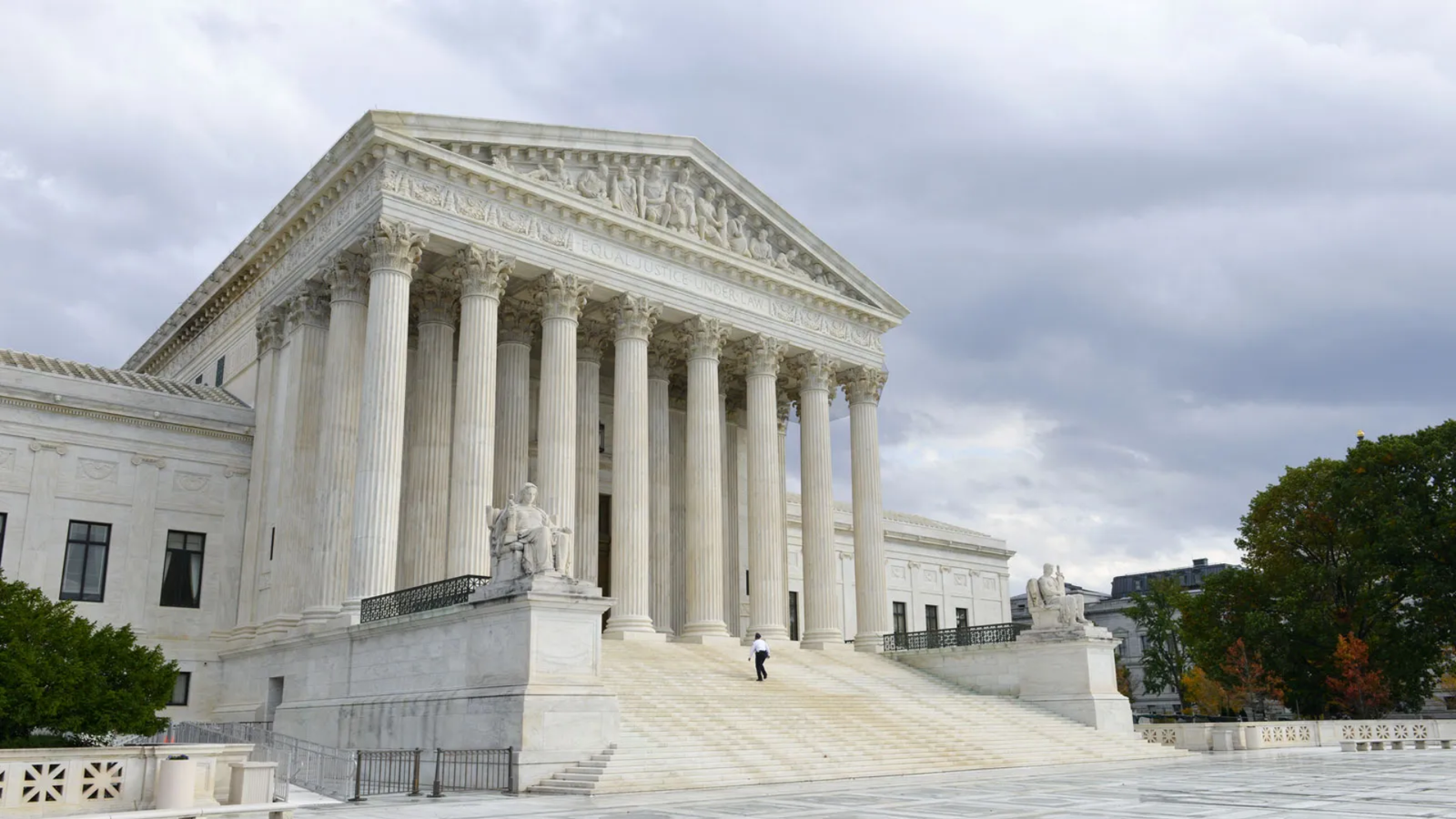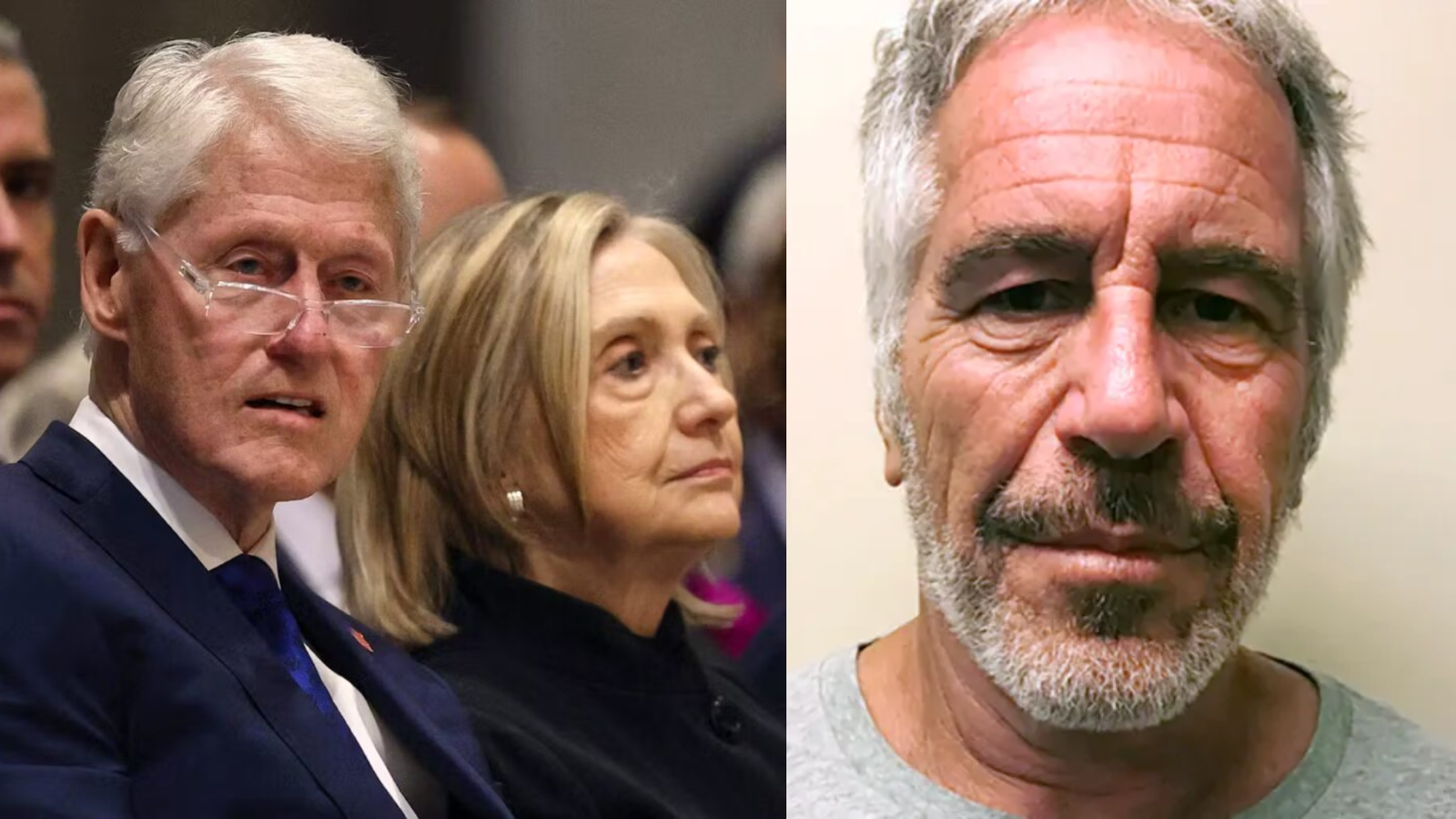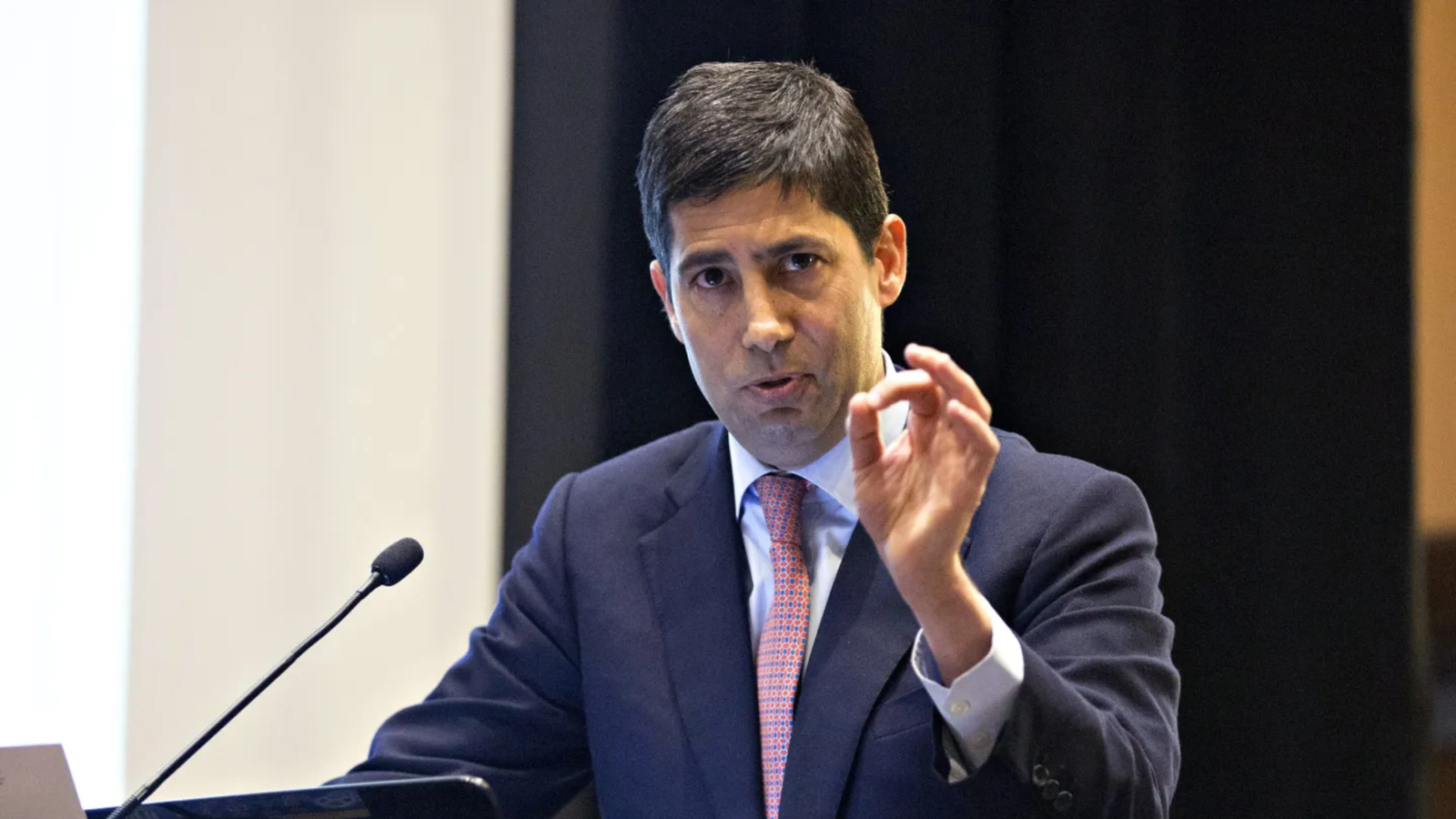
Dr. Mehmet Oz, widely known as “Dr. Oz” from his television career, has been confirmed by the Senate as the new administrator of the Centers for Medicare and Medicaid Services (CMS).
The Senate voted 53-45 along party lines to approve Oz’s nomination, placing the thoracic surgeon in charge of overseeing healthcare coverage for over 160 million Americans. A procedural vote earlier in the day to advance his nomination passed 50-45, also along party lines.
Oz steps into the role at a time of significant change within the federal healthcare system. Congressional Republicans and the administration have set ambitious targets for reducing healthcare spending, including deep budget cuts in the ongoing reconciliation process and layoffs at the Department of Health and Human Services (HHS).
CMS itself saw around 300 job reductions, including cuts to the Office for Equal Opportunity and Civil Rights, the Office of Minority Health, and the Office of Program Operations and Local Engagement.
Oz’s confirmation process was less contentious than that of his new boss, HHS Secretary Robert F. Kennedy Jr., but still drew sharp criticism from Senate Democrats.
They raised concerns about Oz’s history as a Medicare Advantage spokesperson, noting that the privatized program leads to higher government spending compared to traditional Medicare.
Democrats also flagged financial conflicts of interest, which Oz has pledged to divest from, as well as his support for Medicaid work requirements and expectations that he would align with Kennedy’s controversial healthcare policies.
Kennedy’s stance on public health, particularly regarding vaccines, has been a key issue for lawmakers as his administration continues to reshape HHS.
Senate Finance Committee Ranking Member Ron Wyden, D-Oregon, opposed Oz’s nomination, citing allegations that he had previously avoided paying Medicare and Social Security taxes.
“If confirmed, the person running the Medicare program thinks it’s acceptable to not pay the taxes he owes into the programs he’s running,” Wyden said on the Senate floor before the final vote.
During Oz’s confirmation hearing, Wyden also questioned whether he would support a Biden-era rule aimed at increasing clinical staffing in nursing homes—a policy opposed by Republicans and healthcare industry groups. Oz called the issue “complicated” and suggested that technology could help address staffing shortages.
“Dr. Oz is great on TV, but seems to have no understanding that technology is no replacement for real nurses and medical staff,” Wyden said.
He warned that Oz’s leadership could enable Republicans to move forward with nearly $1 trillion in Medicaid cuts to finance tax breaks for the wealthy.
Republican lawmakers praised Oz’s medical background and his commitment to tackling administrative inefficiencies, including reforming prior authorization policies and addressing fraud in programs like Medicare Advantage.
They also welcomed his promise to promote healthier lifestyle choices, a key component of Kennedy’s “Make America Healthy Again” initiative.
Senate Finance Committee Chair Mike Crapo, R-Idaho, expressed confidence in Oz’s ability to modernize CMS and address chronic disease.
“I’m confident that his years spent as a leading physician and public health advocate make him duly qualified to accomplish these goals,” Crapo said, adding that Oz had satisfied the rigorous vetting process of the Finance Committee.
One potential hurdle for Oz’s confirmation was Sen. Josh Hawley, R-Missouri, who had suggested he might break from the party over Oz’s past views on transgender rights and abortion.
However, earlier this week, Oz reassured Hawley by aligning himself with the administration’s anti-abortion and anti-gender-affirming care policies, pledging to enforce executive orders on the issues.
With his confirmation secured, Oz now faces the challenge of navigating CMS through a politically charged healthcare landscape while balancing administrative reforms with the expectations of both the White House and Congress.




